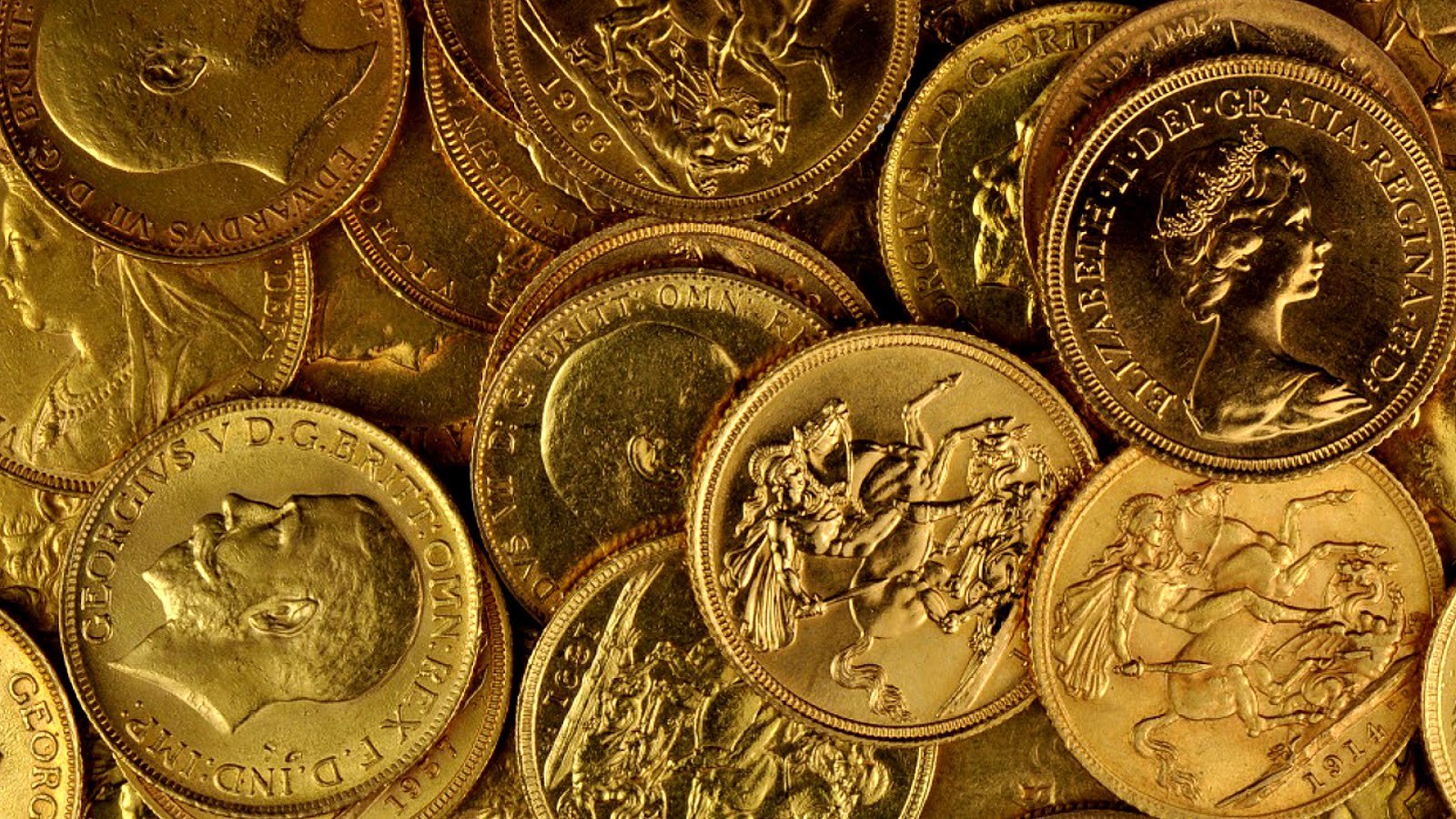Investing in gold coins can be a smart financial move, providing a tangible asset that holds intrinsic value. However, with so many options available, how do you choose the right gold coins for your investment portfolio? In this article, we’ll break down everything you need to know to make informed decisions. If you’re considering purchasing gold coins, you can buy gold coins that suit your investment strategy. Let’s dive in!
1. Understand the Different Types of Gold Coins
Before you start investing, it’s essential to familiarize yourself with the different types of gold coins available on the market. Here are the most common categories:
a. Bullion Coins
These coins are primarily made for investment purposes and contain a high percentage of gold. They are traded based on their gold content, and examples include:
- American Gold Eagle
- Canadian Gold Maple Leaf
- South African Krugerrand
b. Numismatic Coins
Numismatic coins are collectible coins that may carry value beyond their gold content due to their rarity, age, and demand. They are usually bought for their collectible value rather than purely for investment. Examples include:
- Gold Double Eagles
- Gold Sovereigns
Understanding the differences can help you determine which type aligns best with your investment goals.
2. Determine Your Investment Goals
Before choosing gold coins, it’s vital to clarify your investment objectives. Here are some common goals:
- Wealth Preservation: If your aim is to protect your wealth during economic uncertainty, bullion coins may be your best bet due to their liquidity and intrinsic value.
- Long-Term Investment: If you plan to hold onto your investment for many years, consider numismatic coins, which may appreciate in value due to rarity.
- Diversification: Gold can be a valuable addition to a diversified portfolio. Determine how much you want to allocate to gold relative to other assets.
Your investment goals will guide your choices and help you make decisions that align with your financial strategy.
3. Check the Purity of Gold Coins
When investing in gold coins, it’s crucial to check the purity level, typically expressed in karats or fineness.
a. Karats
Gold coins are often measured in karats (k), with 24k representing pure gold. Common purity levels include:
- 22k: 91.67% gold
- 24k: 99.99% gold
b. Fineness
Fineness is another way to measure gold purity, represented as parts per thousand. For instance, a coin with a fineness of 999 means it contains 999 parts of gold per 1,000 parts.
Higher purity levels generally indicate higher value, so it’s essential to be aware of these measurements when investing.
4. Research the Current Market Value
The value of gold fluctuates based on market conditions. To ensure you make a wise investment, keep an eye on current gold prices.
- Gold Price Trends: Monitor market trends and historical price data to understand how gold has performed over time.
- Market News: Stay informed about geopolitical events, economic changes, and trends that can impact gold prices.
By researching the market value, you can make informed decisions about when to buy.
5. Assess the Seller’s Reputation
Choosing a reputable seller is crucial when purchasing gold coins. Here are some tips to find trustworthy dealers:
- Certifications: Look for dealers who are members of recognised organisations, such as the Professional Numismatists Guild (PNG) or the American Numismatic Association (ANA).
- Customer Reviews: Read customer reviews and testimonials to gauge the dealer’s reputation and service quality.
- Return Policies: A reputable dealer should offer a fair return policy, allowing you to return the coins if they do not meet your expectations.
Doing your due diligence can help you avoid scams and ensure a smooth purchasing experience.
6. Understand Premiums and Fees
When buying gold coins, it’s essential to understand the premiums and fees involved. These costs can affect your overall investment.
a. Premiums Over Spot Price
Gold coins are usually sold at a premium over the current spot price of gold. The premium reflects the coin’s rarity, demand, and the seller’s mark-up.
- Bullion Coins: These typically have lower premiums, as they are sold primarily for their gold content.
- Numismatic Coins: The premiums can be significantly higher due to their collectible nature.
b. Additional Fees
Be aware of any additional fees that may apply, such as shipping costs, taxes, and insurance. Understanding these fees helps you calculate the total cost of your investment.
7. Consider Storage Options
Proper storage is crucial for protecting your gold coins. Here are some options to consider:
- Home Storage: If you choose to keep your gold coins at home, invest in a safe or lockbox that is secure and discreet.
- Bank Safety Deposit Boxes: Renting a safety deposit box at a bank provides added security and peace of mind.
- Third-Party Vaulting Services: Some companies offer secure storage solutions for precious metals, often providing insurance for your assets.
Choosing the right storage option will help you protect your investment from theft or damage.
8. Monitor Your Investment
Investing in gold coins requires ongoing attention. Regularly monitoring your investment allows you to make informed decisions about buying, selling, or holding your coins.
- Market Trends: Keep an eye on gold prices and market trends to determine the best time to buy or sell.
- Portfolio Balance: Reassess your investment portfolio periodically to ensure that your allocation to gold remains aligned with your financial goals.
By staying informed, you can adapt your investment strategy as needed.
9. Know When to Sell
Understanding when to sell your gold coins is just as important as knowing when to buy. Here are some tips for determining the right time to sell:
- Price Targets: Set price targets based on your investment goals. If gold prices rise significantly, it might be a good time to sell.
- Market Conditions: Keep an eye on economic indicators and geopolitical events that could affect gold prices, prompting you to sell for a profit.
- Personal Financial Needs: If you find yourself in need of cash or want to reallocate your investment, selling some or all of your gold coins might be necessary.
Knowing when to sell can help you maximise your returns.
10. Seek Professional Advice
If you’re feeling overwhelmed or uncertain about your investment decisions, don’t hesitate to seek professional advice. An investment consultant or financial advisor can provide valuable insights tailored to your specific situation.
- Personalised Guidance: Professionals can help you develop a strategy based on your financial goals and risk tolerance.
- Market Insights: They can provide insights into market trends and help you make informed decisions about buying or selling gold coins.
Consulting a professional can lead to better investment outcomes and greater confidence in your decisions.
Conclusion
Choosing the right gold coins for investment requires careful consideration and research. By understanding the different types of coins, assessing their purity, monitoring market trends, and selecting a reputable seller, you can make informed decisions that enhance your investment portfolio.










Leave a Reply